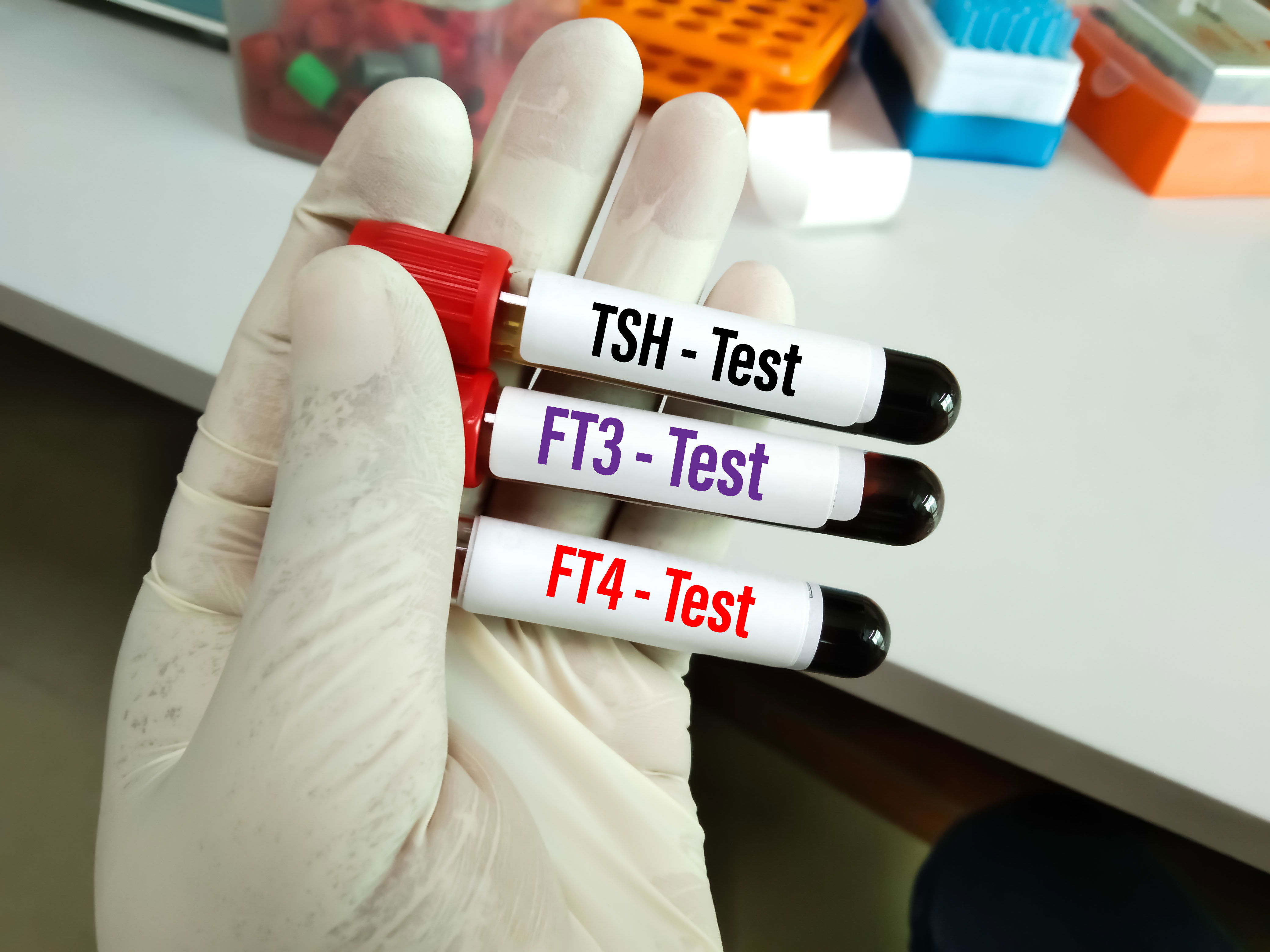GLP-1 receptor agonists are emerging as transformative agents in the management of diabetes and associated metabolic conditions. This blog deep dives into the promising clinical evidence supporting their use and their potential to redefine therapeutic approaches for patients.
New and exciting studies are coming out about additional therapeutic uses for GLP-1 agonists (Mounjaro, Ozempic, etc).
The following medical data compilation, in particular, is mainly directed towards lowering the risk of Obesity-Related Cancers. Check out the gist of it.
SuaRx Summary:
A recent observational study presented at the 2025 ASCO Annual Meeting suggests that patients with diabetes and obesity who are treated with GLP-1 receptor agonists may have a modestly lower risk of developing obesity-related cancers compared with those treated with DPP-4 inhibitors.
Study Overview
The study analyzed data from 170,030 U.S. adults with:
A diagnosis of type 2 diabetes, and
A BMI ≥ 30, meeting the criteria for obesity.
Participants were divided evenly:
85,015 received a GLP-1 receptor agonist85,015 received a DPP-4 inhibitor
The average participant was 56.8 years old with a mean BMI of 38.5.
Researchers examined the incidence of 14 obesity-related cancers as well as all-cause mortality.
Key Findings
Patients treated with GLP-1 receptor agonists experienced:
A 7% reduction in risk of any obesity-related cancer (aHR 0.93; P = 0.005)
An 8% reduction in all-cause mortality (aHR 0.92; P = 0.001)
There were 2,501 new cancer cases in the GLP-1 group, versus 2,671 in the DPP-4 group.
Notably, GLP-1 therapy was associated with:
A 16% lower risk of colon cancer
A 28% lower risk of rectal cancer
Importantly, no increased risk was identified for any of the 14 cancer types examined.
Sex-Based Analysis
Outcomes differed by sex:
Men: No meaningful association between medication type and cancer or mortality outcomes.
Women: 8% reduction in obesity-related cancer risk
20% reduction in all-cause mortality
Interpretation and Expert Opinion:
While the study does not prove a causal relationship, it indicates that GLP-1 receptor agonists may offer additional health benefits beyond glucose control and weight reduction. Experts emphasize that more rigorous, controlled research is needed to confirm whether these medications can play a role in cancer prevention, including among individuals without diabetes.





